Following general social protocol, my younger sister and I don't usually discuss our struggles with eating in public. But over the past couple years we have come a long way toward de-stigmatizing the conversation at home and challenging our family's approach to food.
Shortly after I was born, my dad's health declined. His previously mild psoriasis got much worse, a side effect of a new prescription medication meant to treat his debilitating arthritis.

Looking for other ways to lessen the psoriasis and inflammation in his joints, he started to experiment with cutting common allergenic foods from his diet – first dairy, then wheat and sugar. And it worked: It helped dramatically reduce his symptoms.
Because he never tried to impose his diet on the rest of the family, and our mom didn't have food allergies, we grew up without excessive restrictions and rules.
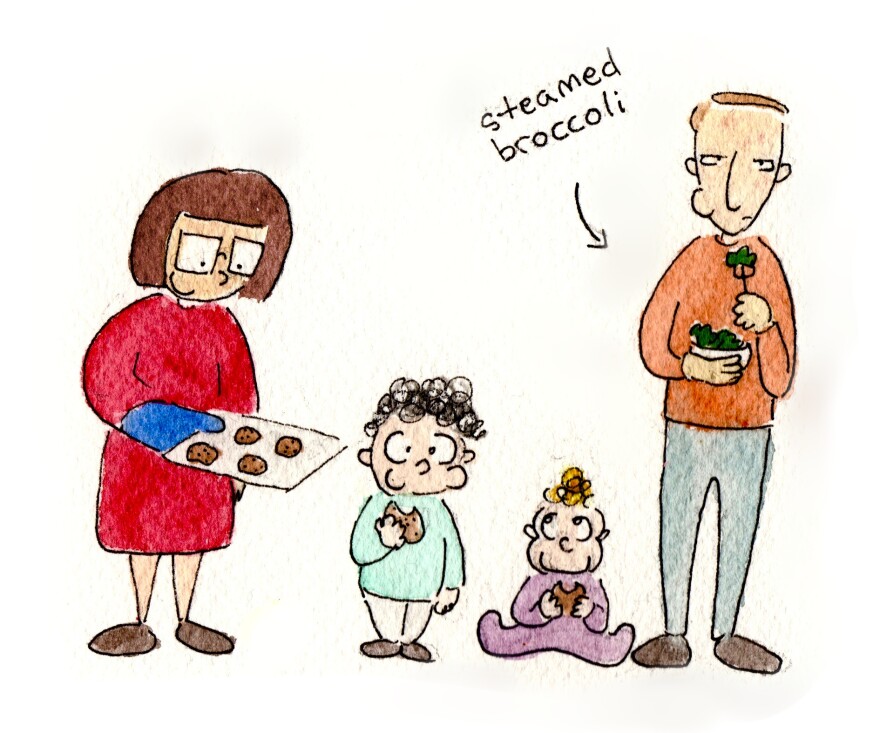
But gradually, his strict diet affected our family more and more. Because his food choices had such a direct impact on how he felt physically, he developed a habit of judging what he ate as "good" or "bad." When he would slip up and eat something "bad," our whole family would see his process of regret and self-punishment. Even though our mom's eating habits did not drastically change, she also began to categorize food in this way. Constantly judging food and fixating on the right way to eat became the norm.
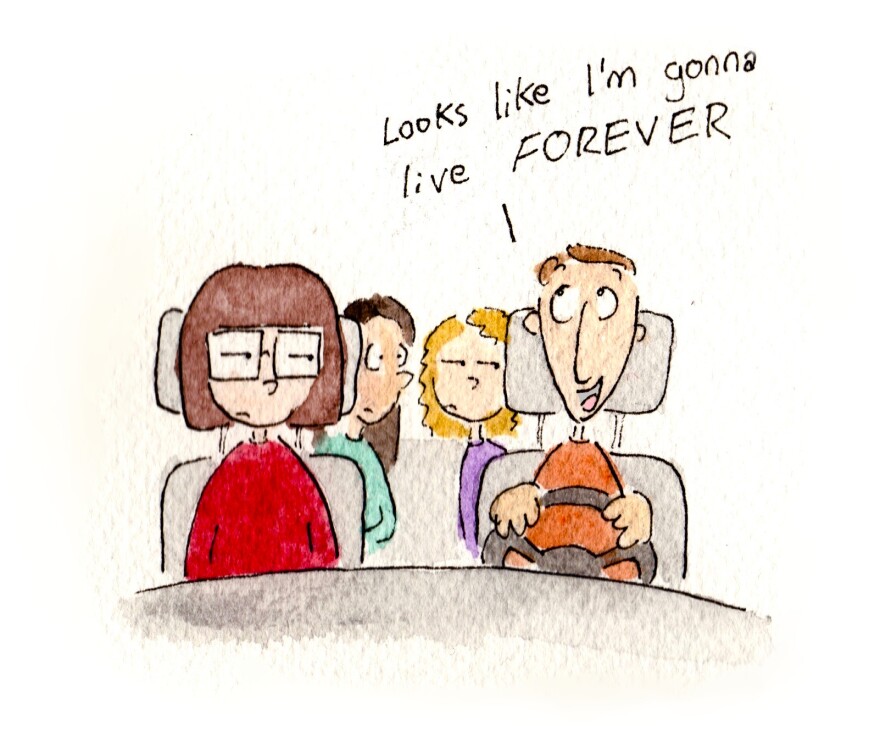
The first time I actively focused on restricting what I ate was the summer before I left for college. On a family road trip we listened to a lecture by Dr. Robert H. Lustig called "Sugar: The Bitter Truth." In exploring the effects of sugar and our bodies' response to it, Lustig explains that sugar is addictive and has serious consequences for our health and lifestyles.He was discussing sugar in terms of the obesity epidemic in America and around the world. But I registered his arguments as black and white: I wasn't thinking of the importance of mental wellbeing or a more holistic approach to health. It triggeredthe internalized judgments of food that I had been exposed to at home and gave me an objective, scientific reason to justify my emerging fixation on controlling what I ate.
I began to painstakingly avoid every form of processed sugar and, by second semester, I had cut out gluten, too.

The physical effect of my obsession was losing an unhealthy amount of weight. More detrimentally, my entire life became centered on obsessively going over what I had eaten, was planning to eat, or had denied myself. This focus was constantly in the back of my mind, and took away from other aspects of my life.

Our family food culture did not help me address the issue when I returned home. My parents' concern for my health conflicted with their moral paradigm about food, and they struggled to argue with my extreme diet, since it was in line with what we had all come to understand as "good."

My sister, Franzi, also developed a dangerous fixation on weight loss and "healthy," restrictive eating during college as a coping mechanism for other areas of stress in her life. She recognized her obsessive behavior and mentality as a serious problem, something that I had not been able to face before. Then, the summer after her sophomore year, she began to talk openly in our family about her stressful relationship with food.
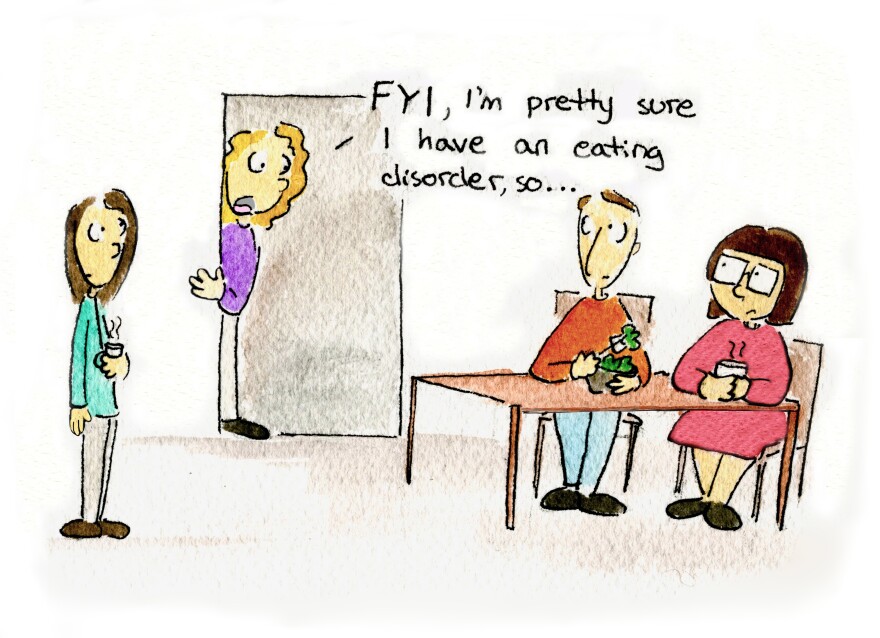
Having the silence around the subject broken was a huge relief. We both realized that our unhealthy attitude toward food was having a significant impact on our lives.
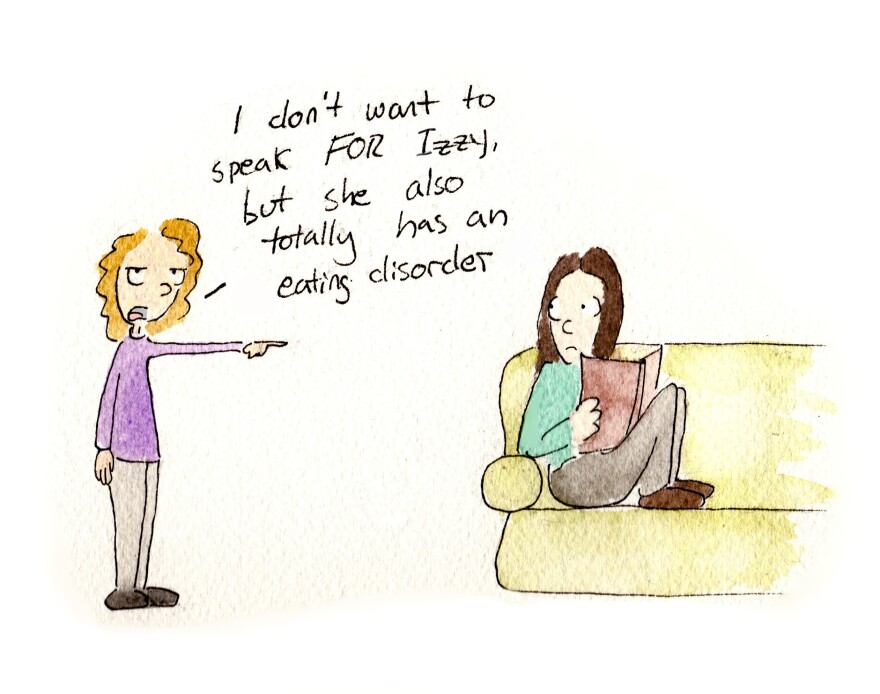
As we began talking about the subject with each other and our parents, we noticed how our family's food culture enabled our obsessive behavior around eating. Now, we are slowly changing how our family thinks about and relates to food.

Combined with the "you are what you eat" mentality common in the U.S., the effects of categorizing food as "good" or "bad" are even worse on a societal scale. For many people in the U.S. who do not have access to healthy food, their inherent value inevitably gets conflated with what they eat. Challenging this internalized "good or bad" paradigm at home is a step toward changing this culture of judgment.
My family's moralization and obsessive categorization of food's nutritional value made it difficult to recover. However, cultivating an environment in which a more moderate approach to food is acceptable helps us to maintain balance. Food should not be a constant tug-of-war between denial and blame but a normal, positive part of life.
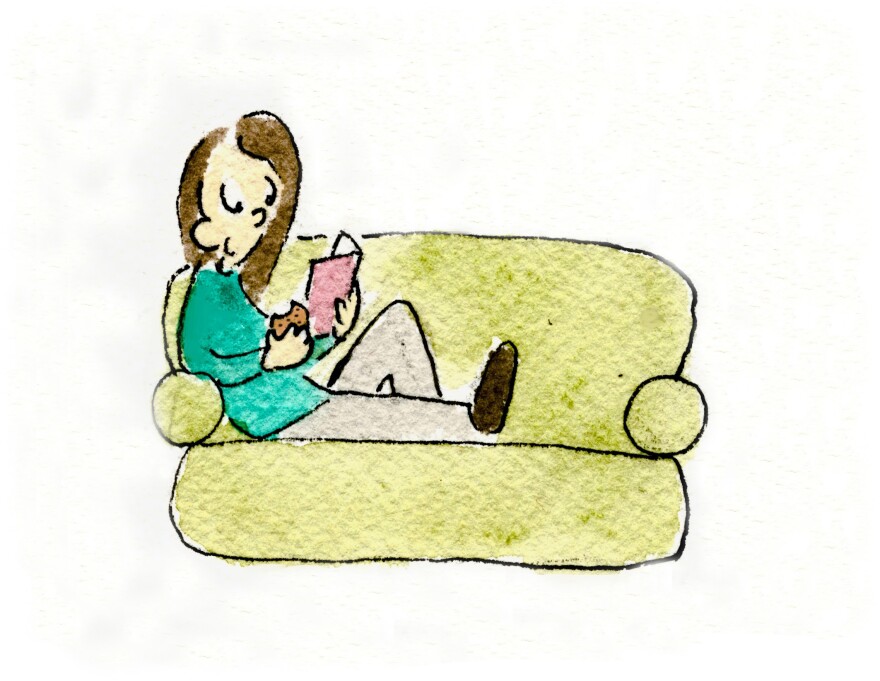
The Ross sisters are on Instagram @franz_pantz and @izzyjross.
Copyright 2021 NPR. To see more, visit https://www.npr.org. 9(MDEwMTk5OTQ0MDEzNDkxMDYyMDQ2MjdiMw004))




